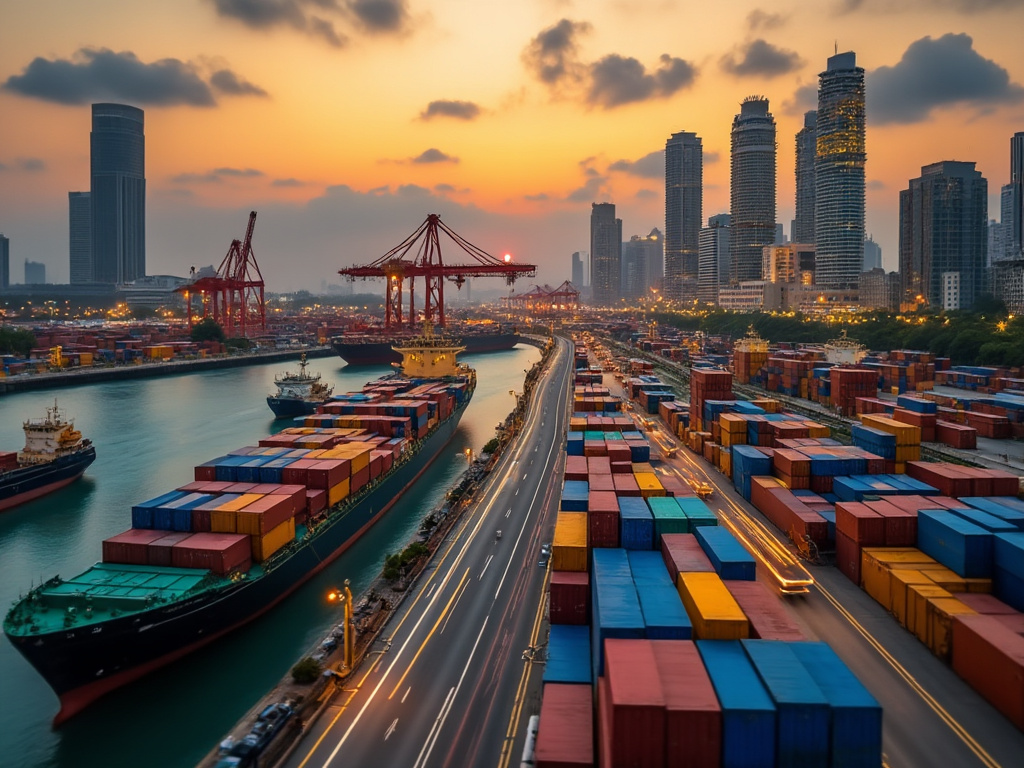
Recent revelations highlight multiple cases of infants being inadvertently switched at birth in the mid-20th century, brought to light by modern genetic testing.
In recent years, several individuals have discovered they were inadvertently switched at birth during the mid-20th century, with these revelations emerging through modern home DNA testing kits.
In one instance, a woman in her mid-70s, referred to as Susan, undertook a home DNA test to explore her ancestry.
The results revealed significant Irish heritage, which conflicted with her known family background.
Six years later, she was contacted by a man claiming to be her genetic sibling.
Subsequent investigations confirmed that Susan had been swapped at birth in an NHS maternity ward during the 1950s.
Another case involved two women in the West Midlands who discovered they had been switched at birth in 1967. Tony, who had taken a DNA test in 2021, found that Claire was his full biological sister, not Jessica, the woman he had known as his sister for over five decades.
Both women were born in the same hospital, and a mix-up led to them being raised by each other's biological families.
The hospital admitted the mistake, and the families are awaiting compensation.
In Norway, a similar situation unfolded when Karen Rafteseth Dokken gave birth in 1965 at Eggesboenes Hospital.
Nearly 60 years later, it was discovered that her biological daughter had been mistakenly swapped with another infant.
Both women, now 59, along with Rafteseth Dokken, are suing the state and municipality, arguing that their human rights were breached when Norwegian authorities discovered the error in 1981 but chose to cover it up.
These cases underscore the potential for historical errors in hospital maternity wards, particularly during periods when identification protocols were less stringent than today.
The advent of accessible DNA testing has been pivotal in uncovering these long-hidden mistakes, prompting legal actions and raising questions about past medical practices.
In one instance, a woman in her mid-70s, referred to as Susan, undertook a home DNA test to explore her ancestry.
The results revealed significant Irish heritage, which conflicted with her known family background.
Six years later, she was contacted by a man claiming to be her genetic sibling.
Subsequent investigations confirmed that Susan had been swapped at birth in an NHS maternity ward during the 1950s.
Another case involved two women in the West Midlands who discovered they had been switched at birth in 1967. Tony, who had taken a DNA test in 2021, found that Claire was his full biological sister, not Jessica, the woman he had known as his sister for over five decades.
Both women were born in the same hospital, and a mix-up led to them being raised by each other's biological families.
The hospital admitted the mistake, and the families are awaiting compensation.
In Norway, a similar situation unfolded when Karen Rafteseth Dokken gave birth in 1965 at Eggesboenes Hospital.
Nearly 60 years later, it was discovered that her biological daughter had been mistakenly swapped with another infant.
Both women, now 59, along with Rafteseth Dokken, are suing the state and municipality, arguing that their human rights were breached when Norwegian authorities discovered the error in 1981 but chose to cover it up.
These cases underscore the potential for historical errors in hospital maternity wards, particularly during periods when identification protocols were less stringent than today.
The advent of accessible DNA testing has been pivotal in uncovering these long-hidden mistakes, prompting legal actions and raising questions about past medical practices.























